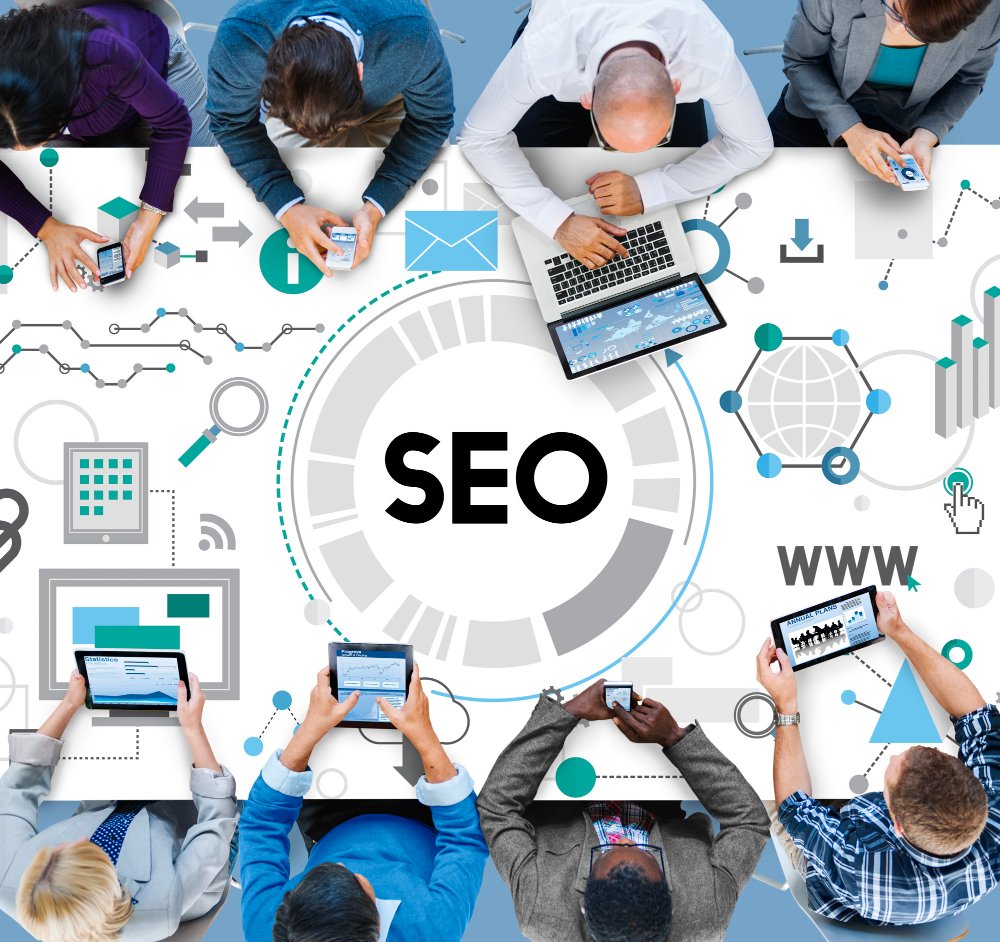In the modern digital landscape, e-commerce isn’t just booming — it’s becoming brutally competitive.
New stores launch every day. Product options multiply. Ads cost more. Customer attention spans drop. And amidst all this, your store — or your SaaS platform — is buried somewhere on Google’s page two, where no one ever goes.
That’s where a high-performance e-commerce SEO agency becomes more than a vendor — it becomes your growth partner.
But here’s what most blogs won’t tell you:
SEO for e-commerce isn’t just about keywords. It’s about architecture, psychology, scalability, and precision. It’s about showing up where intent lives — and converting when it counts.
Let’s cut through the fluff and unpack what top-tier SEO looks like in 2025 — especially if you’re an e-commerce or SaaS business trying to rise above the noise.
Why Most E-Commerce SEO Fails (And Fast)
Before we talk solutions, let’s address the elephant in the room:
Most SEO strategies for e-commerce are either outdated or generic.
Here’s how you can spot a failing strategy:
- It focuses only on product keywords, not buyer intent
- It builds thin content that ranks but doesn’t convert
- It ignores CRO, UX, and mobile optimization
- It treats all platforms the same (Shopify ≠ WooCommerce ≠ BigCommerce)
- It never scales with your product catalog or customer base
If your current SEO agency only sends keyword reports and traffic stats — without showing how that leads to revenue — you don’t have a partner. You have a spreadsheet generator.
The E-Commerce SEO Agency Difference
E-commerce SEO is uniquely complex. You’re not just optimizing a handful of service pages. You’re managing:
- Thousands of product URLs
- Dynamic filters and category structures
- Site speed challenges
- Duplicate content risks
- Technical indexing problems
- UX and conversion friction
- Abandoned carts
- Seasonal trends
A true e-commerce SEO agency addresses all of that — while aligning every effort to your ultimate goals: conversions, revenue, and customer retention.
This requires a blend of:
- Technical SEO (site structure, canonical tags, page speed, mobile usability)
- On-page SEO (smart content, internal linking, keyword mapping)
- Off-page SEO (authority building, relevant backlinks, influencer amplification)
- Data-led CRO (heatmaps, A/B testing, behavior analysis)
But there’s another layer that separates great agencies from good ones…
What SaaS Can Learn from E-Commerce SEO (And Vice Versa)
If you’re a SaaS business, you’re not just selling — you’re educating, onboarding, and retaining users over time.
And SEO for SaaS in the USA has its own unique set of rules:
- You’re targeting decision-makers and technical buyers
- You’re solving long-term pain points, not impulse purchases
- Your success depends on organic lead quality, not just volume
- Your keywords span awareness, evaluation, and decision stages
This is where the best SaaS SEO agency USA blends two superpowers:
- Conversion-focused content creation: Think blog guides, product comparisons, customer stories, knowledge bases, FAQ hubs — all optimized for search intent.
- Technical SEO built for scalability: Especially for SaaS platforms with complex subdomains, integrations, gated content, and fast-evolving feature sets.
Great SaaS SEO is long-game thinking — and it shares a lot with elite e-commerce SEO.
That’s why the right SEO partner doesn’t ask “what industry are you in?”
They ask: “What problem are you solving? What intent are you targeting? What growth model are we building?”
How to Choose the Right E-Commerce & SaaS SEO Agency in the USA
Let’s say you’re ready to stop wasting time with cookie-cutter SEO plans. What should you look for in a true growth partner?
✅ 1. Strategic Roadmaps, Not Just Reports
You don’t need another 20-page SEO audit. You need an action plan tied to specific business outcomes — traffic, sign-ups, sales, LTV, CAC.
✅ 2. Cross-Functional Experience
The best agencies understand tech + content + CRO + brand. Not just keywords.
They work hand-in-hand with your dev team, UX team, and sales ops.
✅ 3. Full-Funnel Thinking
SEO doesn’t end at the blog or the landing page. It extends into email, retargeting, customer journeys, and even onboarding UX.
✅ 4. Real-Time Reporting & ROI Tracking
You should know which blog post brought in which lead, who converted, and how much they spent — in real-time.
✅ 5. USA-Specific Buyer Intelligence
If your market is primarily American, don’t settle for agencies that lack cultural or commercial understanding of the U.S. buyer mindset.
Top SaaS SEO agencies USA know:
- How American searchers phrase questions
- Which keywords actually convert
- What content formats build trust in this market
What Winning Brands Are Doing Differently
E-commerce giants and fast-growing SaaS startups alike are turning to agile, insight-driven SEO partners who focus on:
- Scalable content ecosystems (not just random blogs)
- Topic clusters with real topical authority
- Technical foundations for lightning-fast UX
- Backlink strategies that elevate brand trust, not just rankings
- Cross-platform growth (SEO + social + email)
They treat SEO not as a silo, but as a central piece of the revenue engine.
The Bottom Line: Don’t Just Rank. Resonate. Convert. Scale.
Search traffic is only the beginning.
If your SEO partner isn’t helping you convert that traffic, optimize your customer journey, and build a scalable growth engine — you’re leaving money on the table.
Whether you’re an ambitious e-commerce brand trying to 10x your visibility, or a SaaS company navigating crowded SERPs, your choice of agency can either:
- Drain your budget with fluff…
or - Fuel your momentum with clarity, speed, and results.
So ask yourself — is your SEO team doing enough? Are they thinking big enough?
If not…
It’s time to partner with a team that understands both e-commerce velocity and SaaS sophistication.
👉 Visit digitalmarketingalive.com — where data meets creativity, and SEO is more than rankings — it’s revenue with precision.







